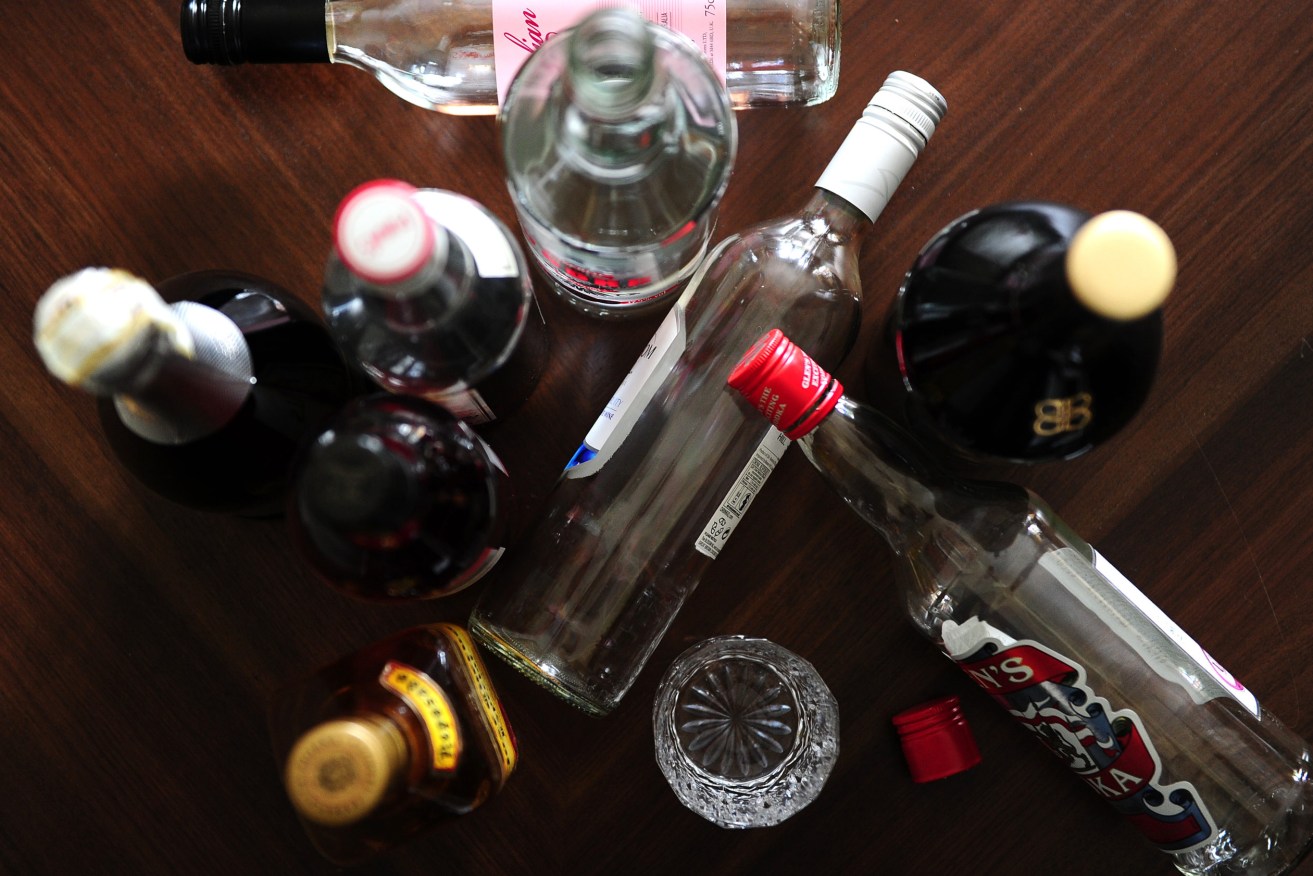Domestic violence concern over virus-prompted alcohol spike
Up to 20 per cent of South Australians have increased their average weekly alcohol intake in response to COVID-19, the state’s peak drug and alcohol group says, prompting concerns of a rise in family violence.

Photo: Ian West/PA
South Australian Network of Drug and Alcohol Services executive officer Michael White said counselling services have reported an increase in the number of calls during the coronavirus lockdown period where their clients mention violent behaviour.
He said services had started to record the number of times their clients had talked about family violence during counselling sessions and concluded that there were “more conversations about alcohol and other drugs and family violence than ever before”.
“Using alcohol doesn’t cause family violence – it may enable it because somebody is more likely to express their anger or frustration because they’ve reduced their inhibitions by drinking alcohol,” he said.
“The more alcohol you have on board the more likely it is that you’ll be disinhibited to the point of acting out.”
White said the services did not have a baseline figure for comparison and counsellors may not have asked about family violence during counselling sessions as consistently before, meaning more research was needed to gain a better understanding.
Family Drug Support – one of the organisations that have started tracking calls – has trained staff to specifically ask and report on violence.
The organisation says it has been unable to compare current records to previous statistical data, but it there has been a “slight increase” in calls that relate to violence.
It follows warnings from Women’s Safety Services SA that the number of calls to domestic violence crisis lines would increase during the COVID-19 pandemic due to heightened stress, anxiety and financial hardship in the community.
White said problem drinking and family violence “co-occur”, meaning any spike in alcohol consumption was cause for concern.
“About 10 per cent of people who used to drink stopped drinking – they used COVID as a mechanism for taking a break,” he said.
“At the other end of the spectrum, probably between 10 and 20 per cent of people increased – and sometimes significantly increased – their consumption of alcohol.
“We’ve seen people going from drinking a couple of nights a week to drinking every night, people that are going from two or three standard drinks to five or seven standard drinks a week.”
White said there was a “big spike” in alcohol sales during March prompted by rumours that the Government would close bottle shops, but the April figures were the lowest since the late-1980s.
Alcohol home-deliveries have also changed purchasing habits, prompting concerns that problem drinking is occurring in an unregulated environment.
“It would appear that a whole lot of people who stocked up then stopped buying alcohol because they still had tonnes in the house,” he said.
“Our concerns about that are the more alcohol you have access to the more you’ll drink.”
Support services have also reported changes in the kinds of illicit drugs being commonly used by their clients in the past few months due to restricted supply and price increases.
White said border closures and reduced airfreight have restricted the overseas illicit drug market, meaning people who engage with drug use in South Australia have relied more on locally-produced substances including GHB – also known as fantasy – and less on the more costly methamphetamine.
It comes as drug and alcohol support services witnessed a decline in the number of new referrals as people chose to stay home instead of visiting their GP or their mental health specialist for drug or alcohol support.
“We saw an initial drop in demand (for counselling support) and now we’re seeing an incremental rise in demand,” White said.
“It seems to be mainly around alcohol for adults and cannabis for young people.”
Many drug and alcohol treatment services have adapted to telehealth during the coronavirus pandemic with mixed success rates.
White said some people have preferred staying at home to talk to their drug and alcohol counsellor online, while others who are without a stable internet or phone connection have been left behind.
“An example of that is a rural service who deal with more than 90 per cent Aboriginal clients in the north of the state and none of their clients would have access to telehealth and they don’t have access to phones,” he said.
“They’re currently not getting treated.”
Want to comment?
Send us an email, making it clear which story you’re commenting on and including your full name (required for publication) and phone number (only for verification purposes). Please put “Reader views” in the subject.
We’ll publish the best comments in a regular “Reader Views” post. Your comments can be brief, or we can accept up to 350 words, or thereabouts.




